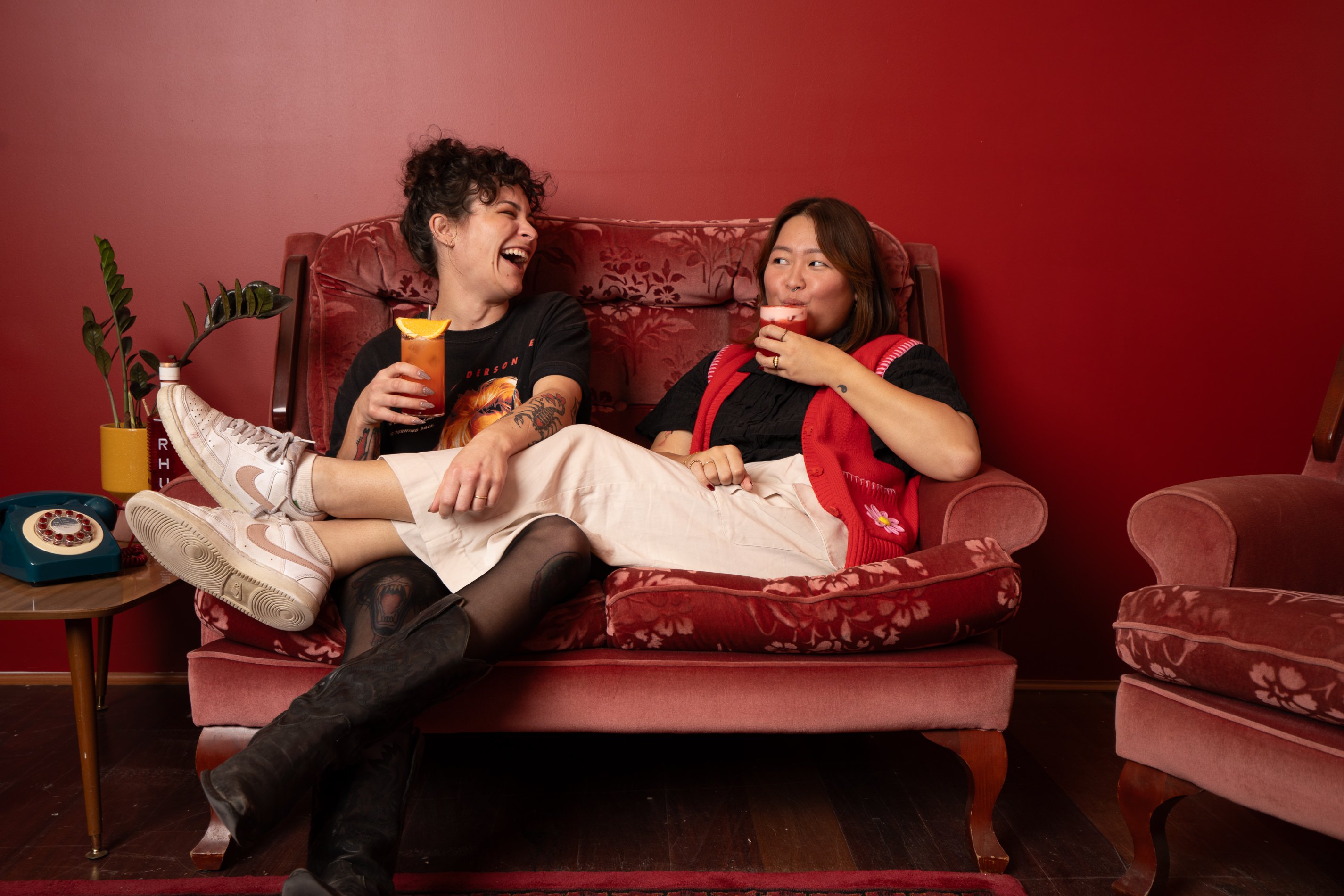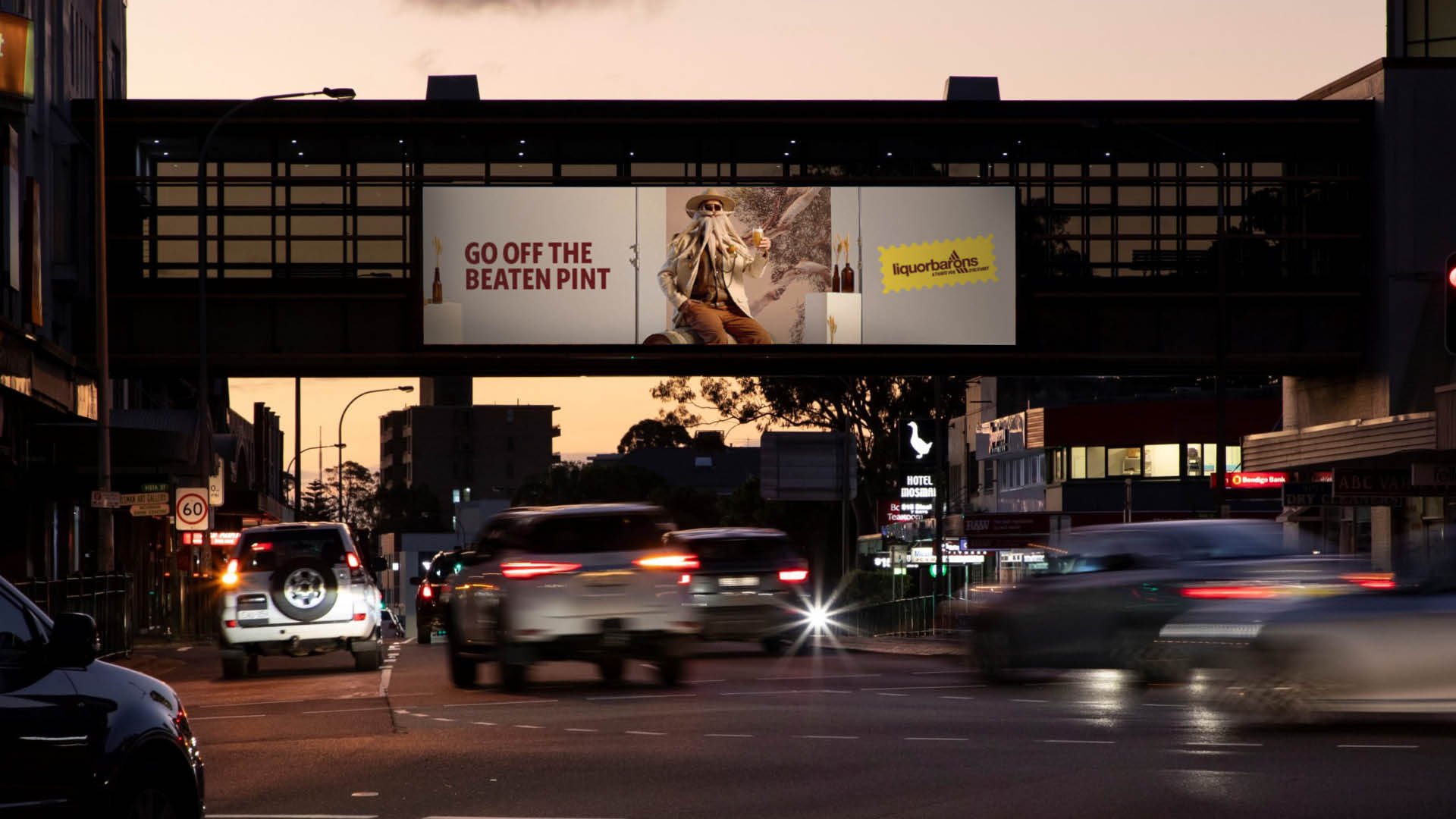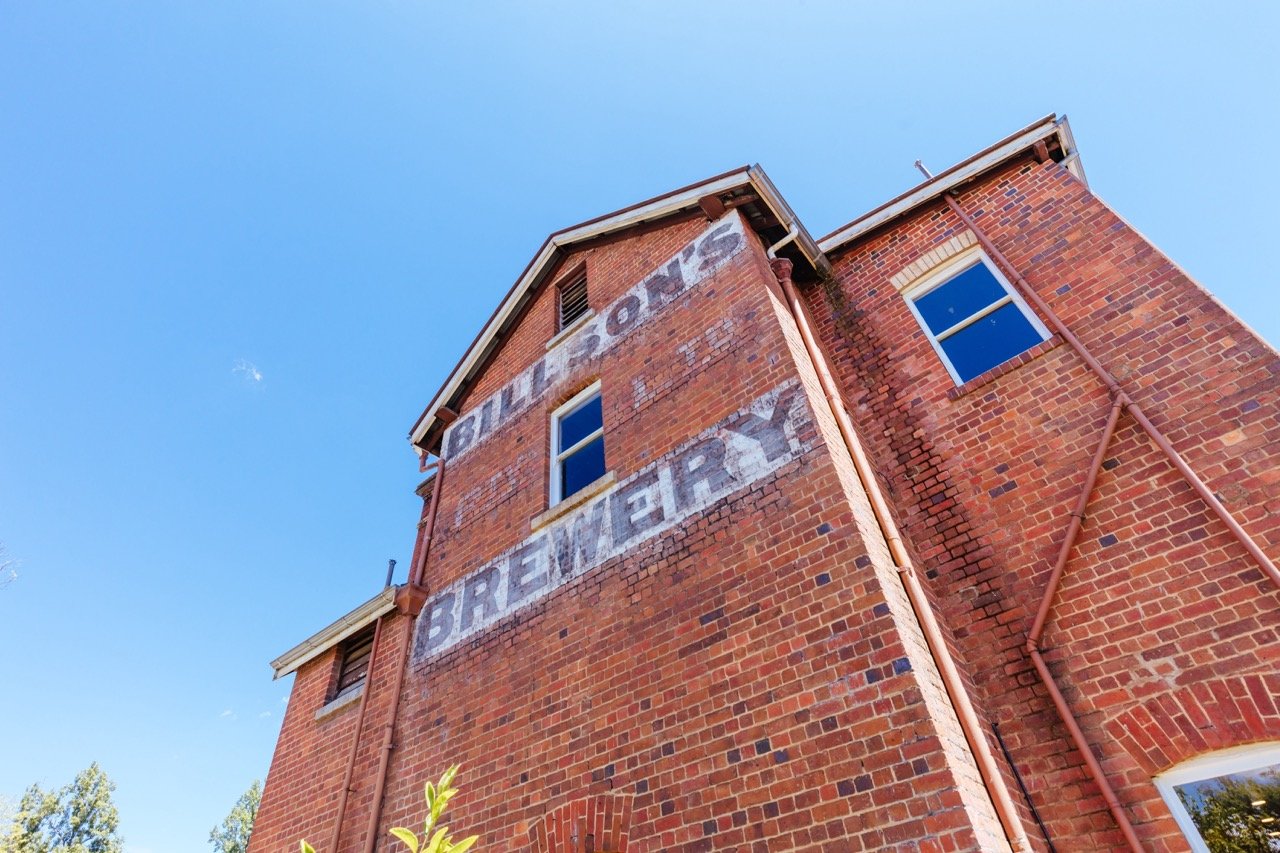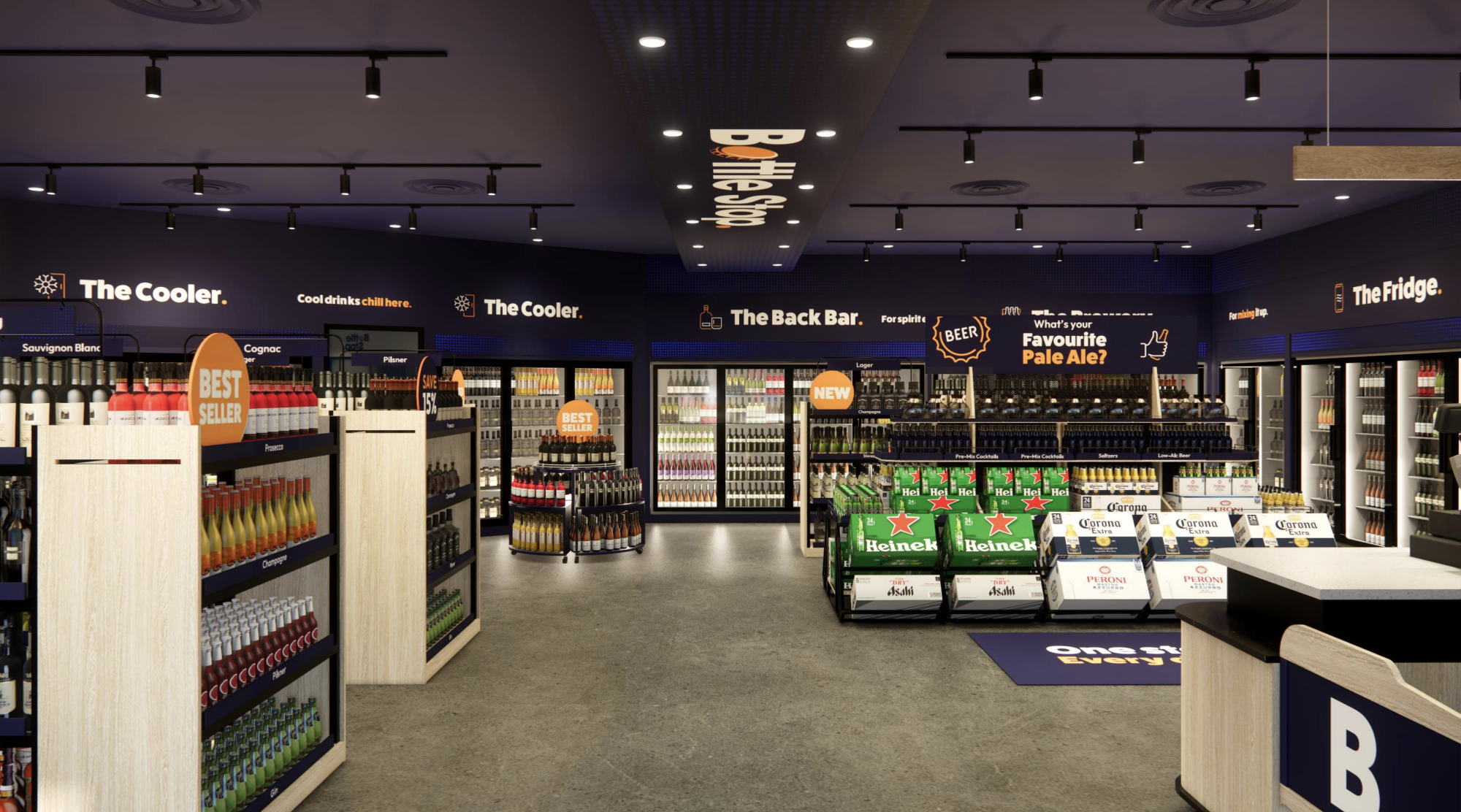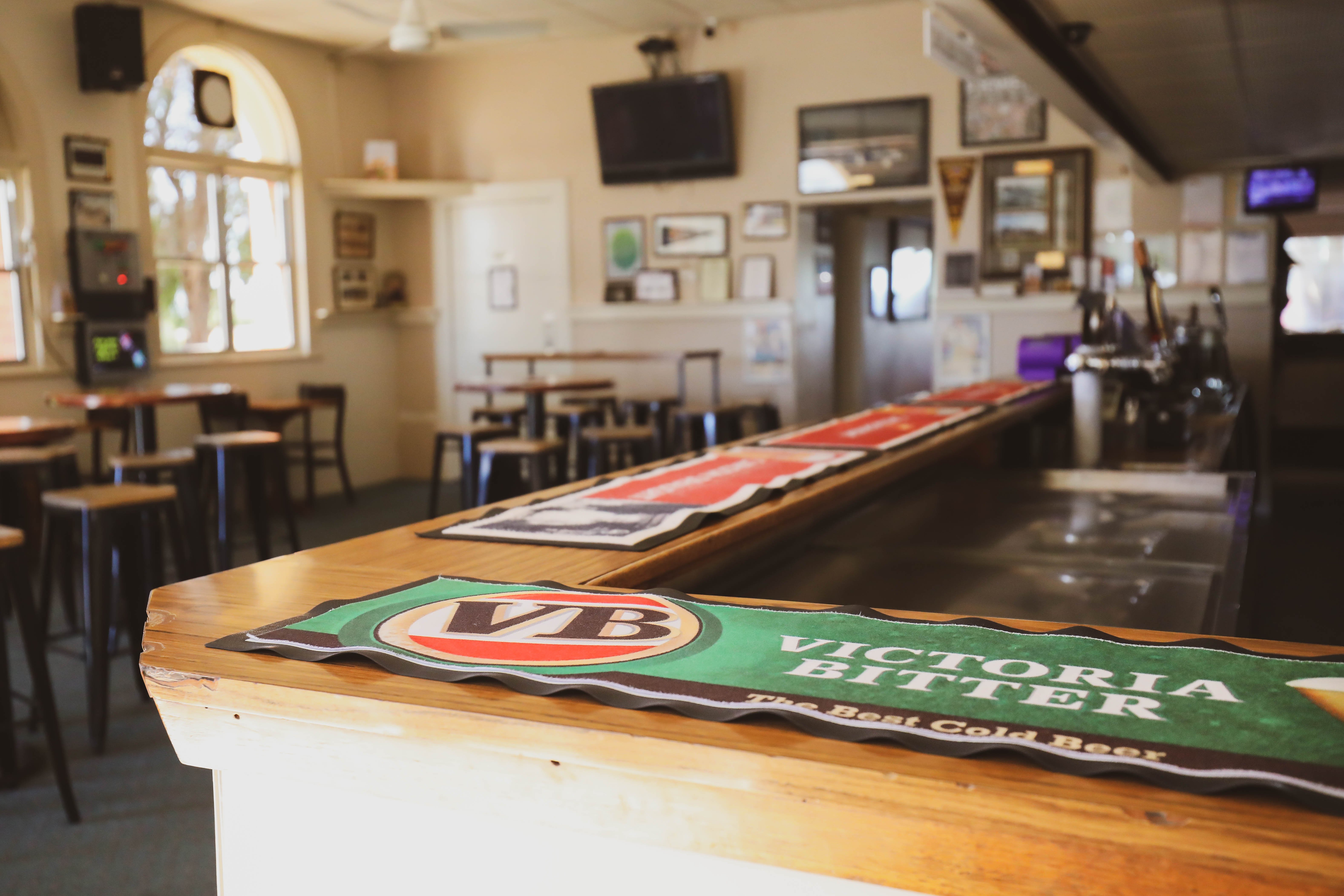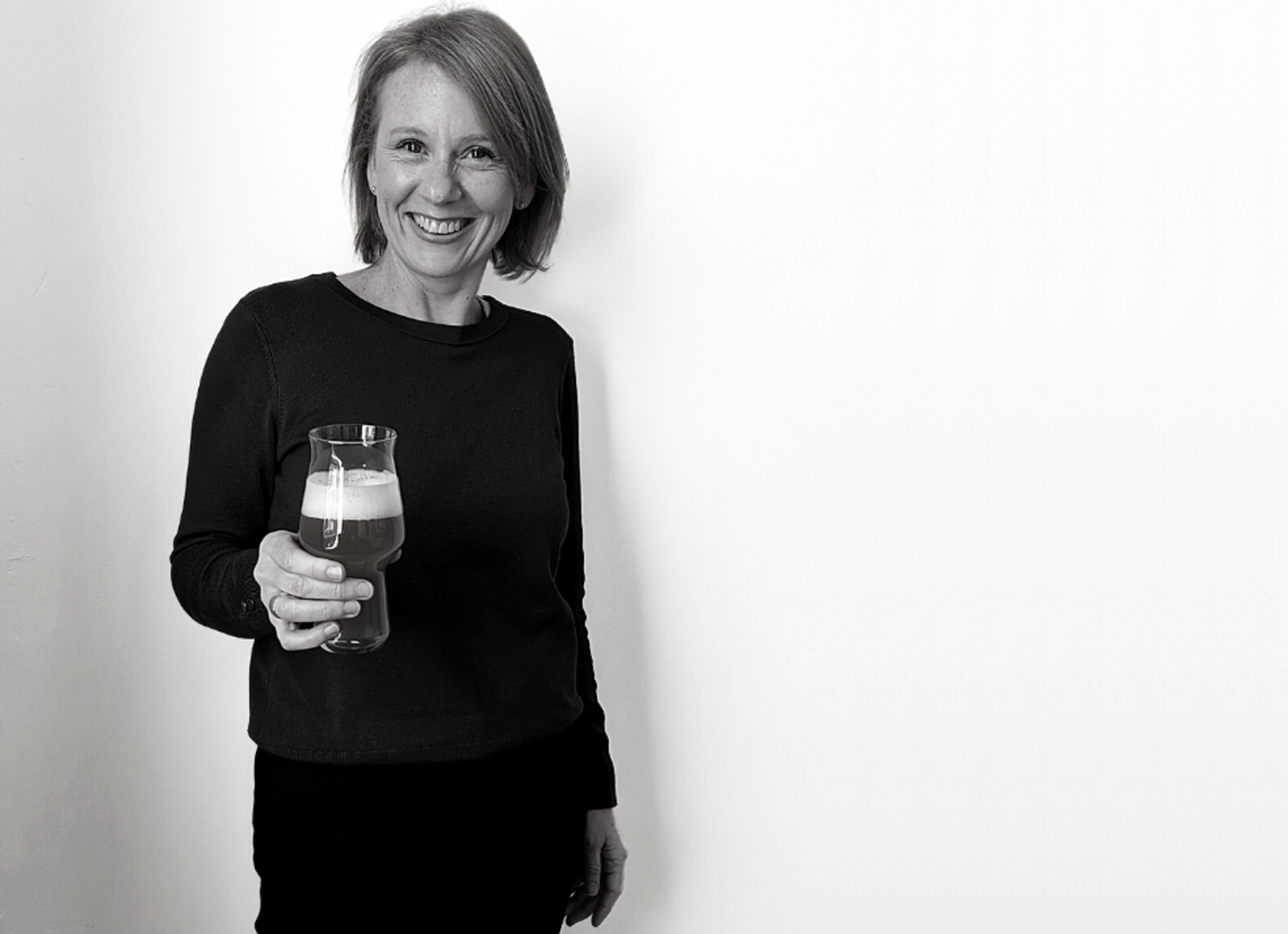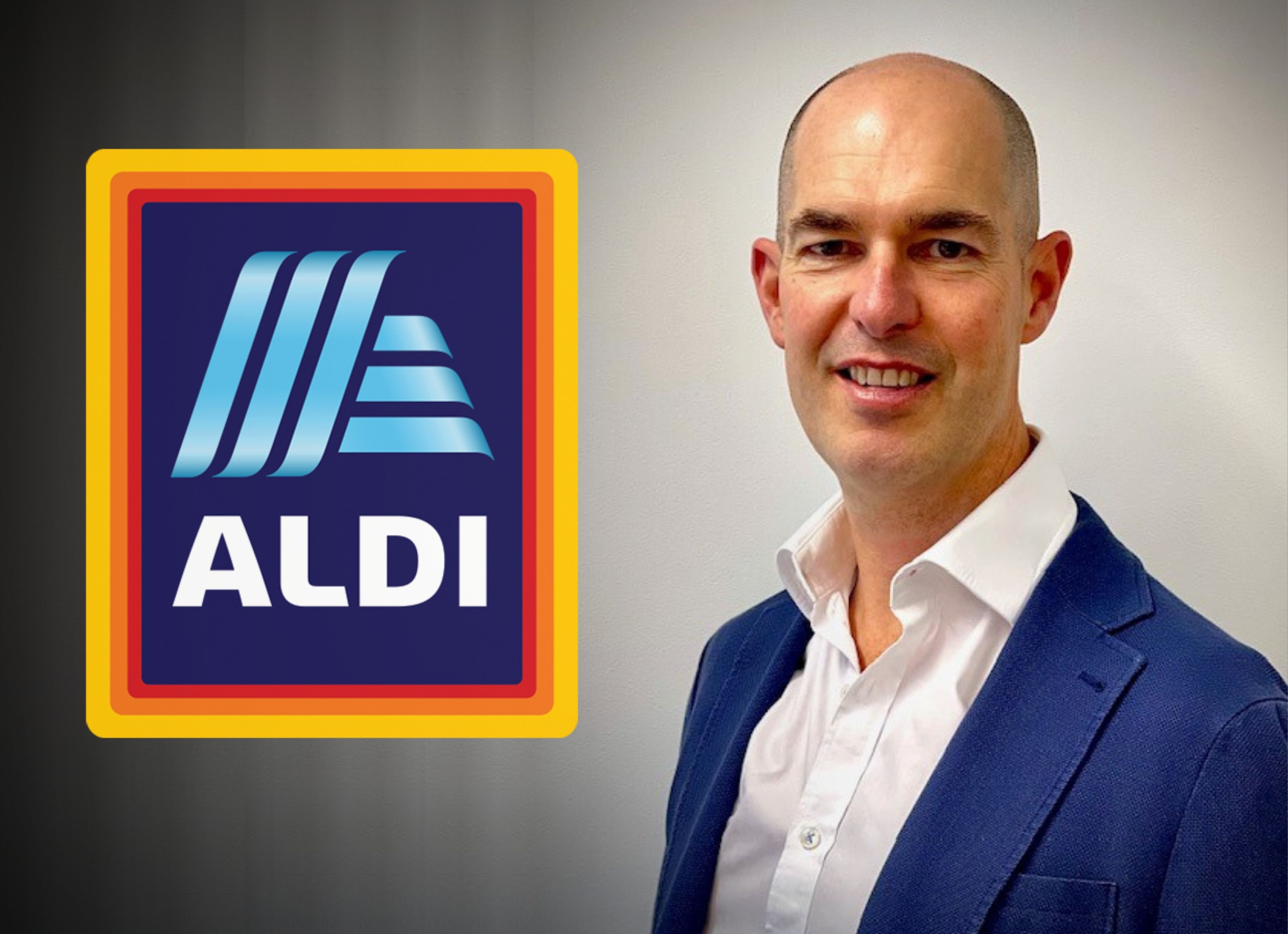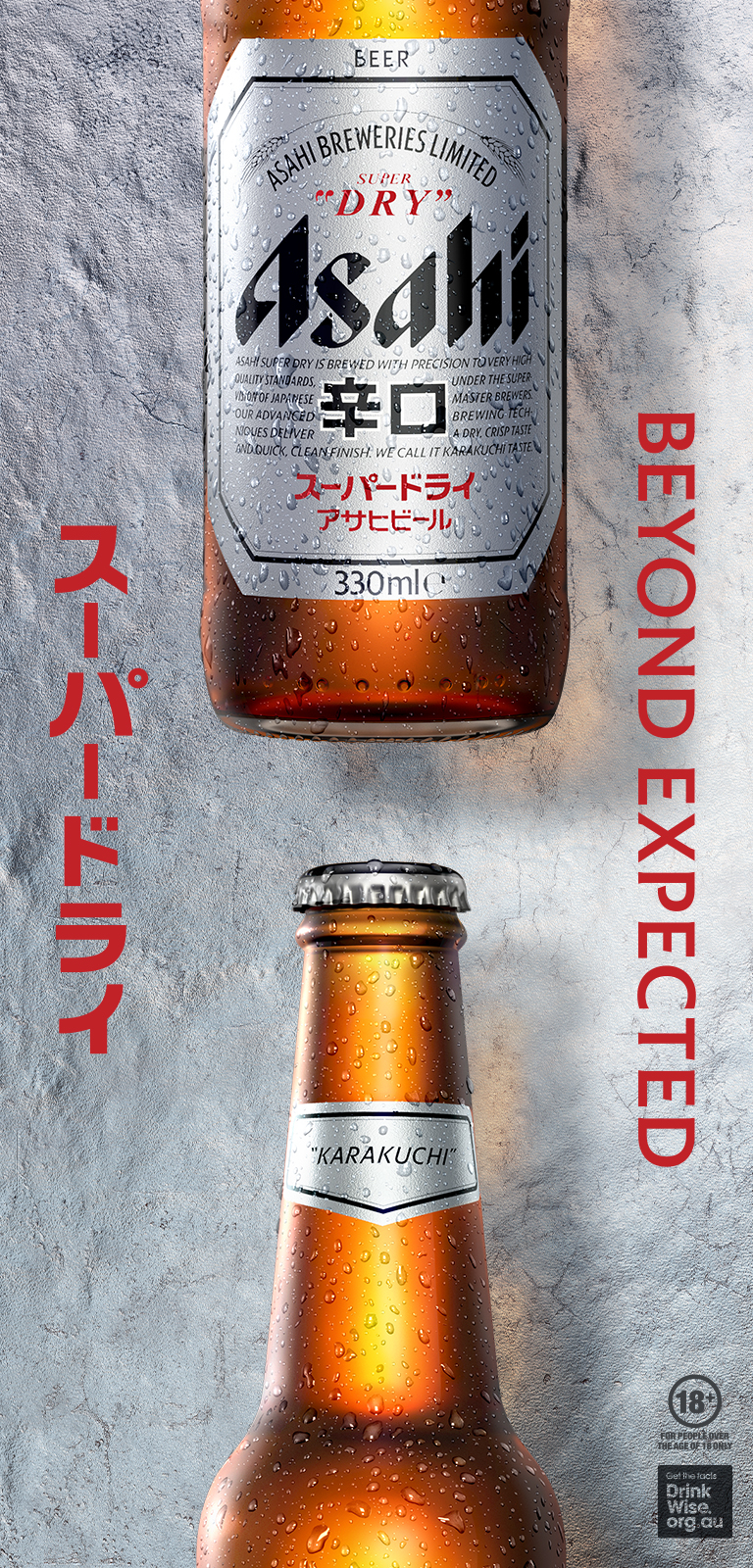Following the recent allegations made against Sydney hospitality groups Swillhouse and Merivale, Drinks Trade reached out to T25 finalists Pippa Canavan and Shirley Yeung to discuss their experiences as females in the industry and their thoughts on what should be done better.
In addition to their roles as Owner of Bar love and Bar Manager at Foxtrot Unicorn, Pippa Canavan and Shirley Yeung are also Co-Founders of Mix Haus, a Perth-based not-for-profit charity for women in hospitality.
Recently, Mix Haus announced this all-female bartending competition in partnership with RHUBI. By focusing on Australia’s female bar talent, the competition is hoping to raise profiles and ultimately drive positive cultural change in the industry.
Drinks Trade: To start with, where are we at regarding gender diversity in Australia’s hospitality industry in 2024?
Pippa Canavan: I think it's definitely getting better. I mean, if you look at the statistics, over 50% of people who work in hospitality are female or female identifying. But I think more what we're looking at is, when it comes to sort of the higher levels of employment - like your ops managers, your group managers, your beverage managers - things like that are still overwhelmingly male.
Again I think it's definitely getting better. We're seeing more changes - like we're seeing a lot more women in high powered positions - but it's still very far from [where we want to be].
Shirley Yeung: I think the big thing is seeing that representation, especially in media/industry media [and] awards nominations. But it's also seeing more representation of women in brand lineups, cocktail competitions and also just brand visibility. And I think that, in part, it plays into seeing more women in upper management as well.
DT: What are some examples of discrimination you’ve experienced in your own careers?
Pippa Canavan: You'll get different treatment from other people of a similar level, I guess. My business partner is male, and a lot of the time I'll find people are a lot more serious with him or, you know, assume that he's the owner and not me.
On the other hand - especially when it comes to dealing with brands and competitions and things like that - I find it's almost an advantage sometimes because people are looking for diversity in those spaces as well, which is conflicting because then you're wondering, am I getting these things on merit or are they just looking to sort of like fill their quotas and stuff like that? And it's not a criticism because I think that's one of the first steps to achieving more equality but yeah, it's interesting to be sort of tokenised a little bit sometimes.
Shirley Yeung: There is still a very big aspect of ‘performative diversity’ within the space. A lot of the times you look at the brands and their association, and you really have to ask if they've approached you because of your skills and the work that you do in the industry or have they approached you because they need other women to balance out the ratio, and it happens quite a bit still.
But on the other end of that... definitely the mindset has changed in terms of like customer facing [encounters]. It still exists, but it was a lot more prominent before where you serve someone - and usually it's middle aged male - and they will want to order whisky, but they will just go, oh, I'm actually just going to wait for your coworker. Because he's male, I trust him more than you. You're a woman.
It's still the same thing with a lot of reps or brands…that aren't familiar with what we do at our venue, will generally walk in and then will go to one of my male managers and introduce themselves because they assume they're running the show or they're the top dog in the venue as opposed to me or one of the other female managers that are present.
DT: How should management handle those situations?
Shirley Yeung: I think a lot of the times I just kind of call them out. I make it into a joke almost like, oh, it's funny that you've approached the men in the bar and then usually like they get embarrassed because I think a lot of times they don't even realise that they do that.
DT: The million dollar question… How does the drinks industry change this perception?
Pippa Canavan: I think definitely strong visibility of women in the industry. It's been really nice over the last few years to see how many women have [started] brand ambassador roles… We've got Trish from Fever-Tree, you've got Dawn from Moet Hennessy, you’ve got Shay from Never Never: there's so many great women that are doing really well in the industry and I think that's actually really helping to change the perception.
I think education as well. I think women are prone to underestimating and underestimating their own skills and also, I think, underestimating themselves or worrying/having imposter syndrome and things like that. I think they need a lot more support and reassurance that they're getting everything right before they're comfortable stepping into leadership positions and things like that. That's sort of something that we have tried to do, like running a series of different workshops, whether it's specifically to do with competitions or kind of how to progress in different routes in the industry.
Shirley Yeung: I think it's hard. I feel like definitely every female has been fighting [if] they started working in hospitality, because I think it's just such an instilled behaviour. For us, going back to representation, I think that plays a really big role. Not only representation, but being visible as well: I think those two tie in together.
At the end of the day, this industry is very heavily reliant on marketing, whether that's marketing for your venue, marketing for brands or marketing for you personally as a personal brand. What I've definitely noticed over the last couple of years - especially this year when I've been doing a lot more brand stuff/I've been doing a lot more bigger things - I've become more visible as a personal/as a personal brand. That then has played a role in that mindset changing a little bit with people in the sense that, you know they take me more seriously because they go oh, well I've seen you do X, Y, Z; which sucks as well because not everyone gets that same treatment.
DT: What advice would you give to female bartenders looking to progress their careers in hospitality?
Shirley Yeung: If you want that promotion or you want that position, ask for it, because you're never going to know what the answer is if you don't. The employer might not know that you're interested in the role either, so they look elsewhere. But I think that ties into what Pippa said previously: it's also that confidence as well behind it, and I think like every woman in this industry, we all have very, very similar lived experiences of being treated horribly by either upper management or being overlooked/overworked.
Pippa Canavan: I think definitely doing your research as well. Go out and talk to other people that are in similar positions [and] ask them what they get paid/ask them what their responsibilities are. Most people in my experience are pretty happy to share that information.
I think also just kind of fake it till you make it a little bit. Even if you maybe don't have the confidence or you're sitting there thinking, oh, I don't really know if I do have the experience, just go for it anyway.
DT: Given the recent news around Merivale and Swillhouse venues, do you have any tips for recognising signs of toxic workplace culture early on when applying to new venues?
Pippa Canavan: I think you can often tell really early on just from little red flags in conversation and things like that, especially if people around you are you know, making jokes at other people's expense or making jokes that are maybe racist or homophobic; and they're like oh, it's just a joke… If you're willing to say those little things in conversations, what else is going on outside of just casual conversation? That's always a huge one for me.
Shirley Yeung: Yeah, I agree, and I think also just transparency is so important. A lot of times I think the biggest red flag or the easiest red flag to see is if you spot something and you bring it up with management and they're not transparent with their response… I think that's pretty telling.
[Also], I think the biggest red flag is [a] simple thing like if you flag a customer/you cut them off and your team and your managers aren't supporting you in that, that already tells you that they're not there to support you, they're there to support the customer.
Share the content
